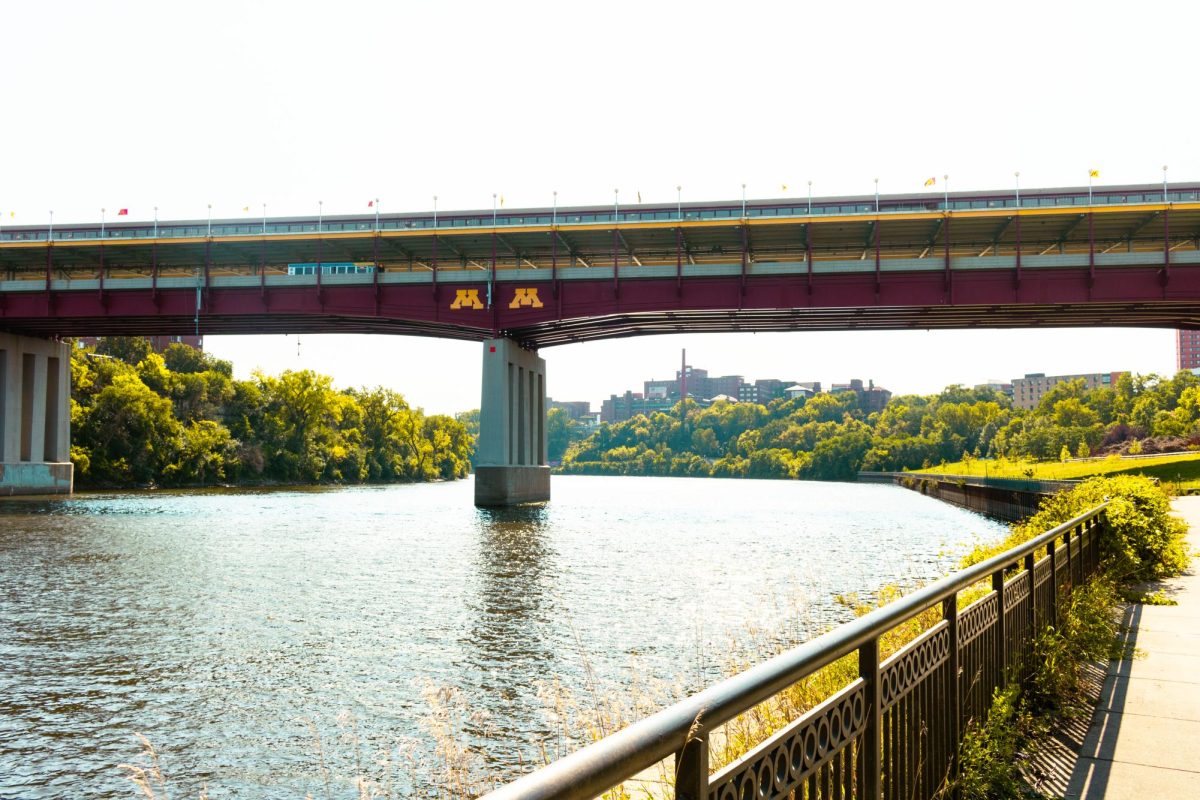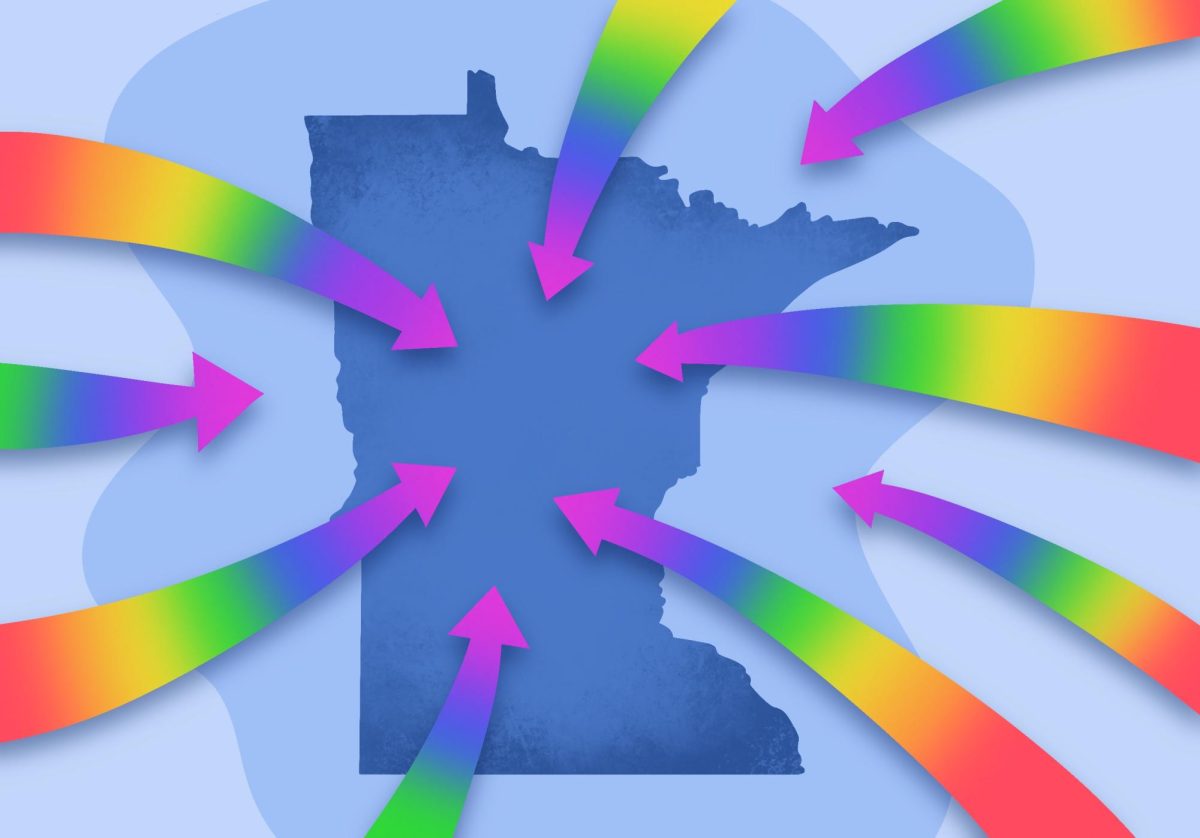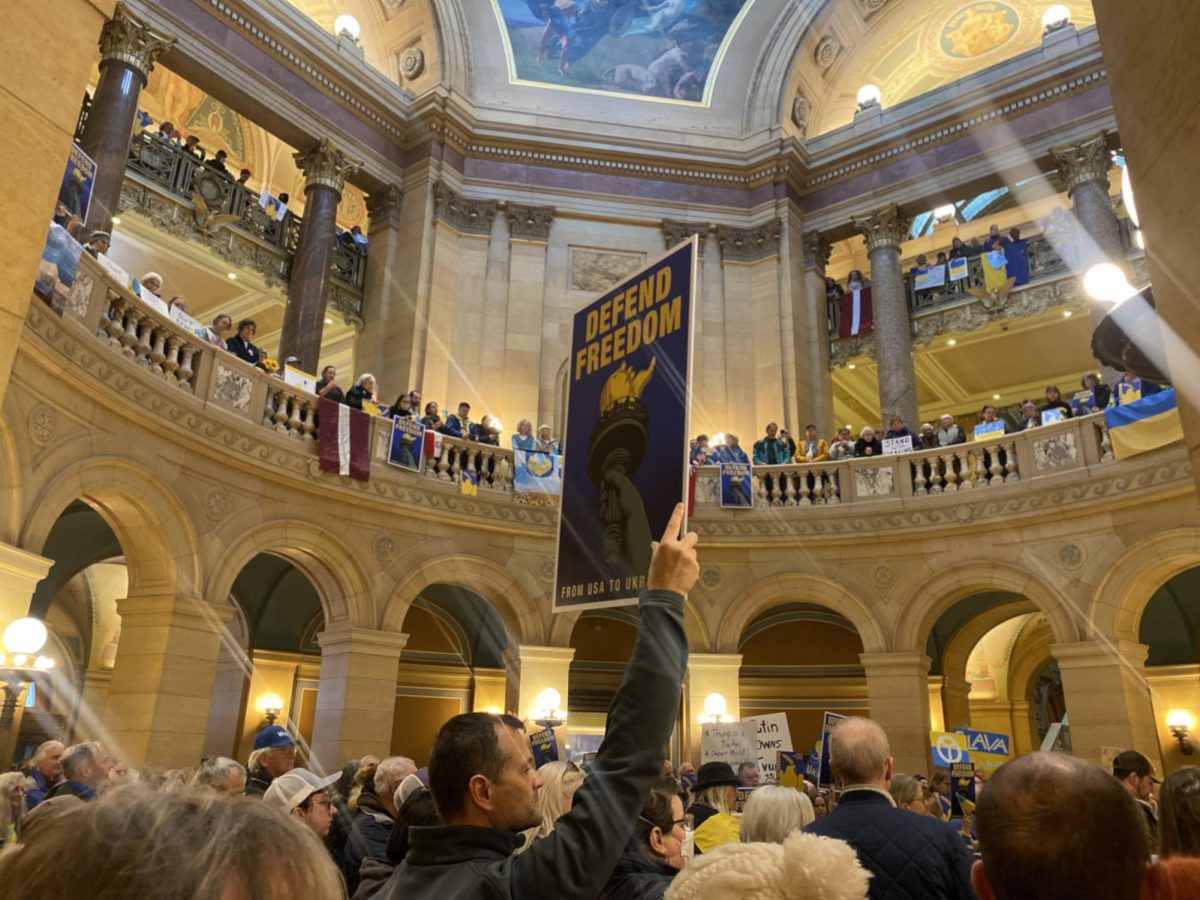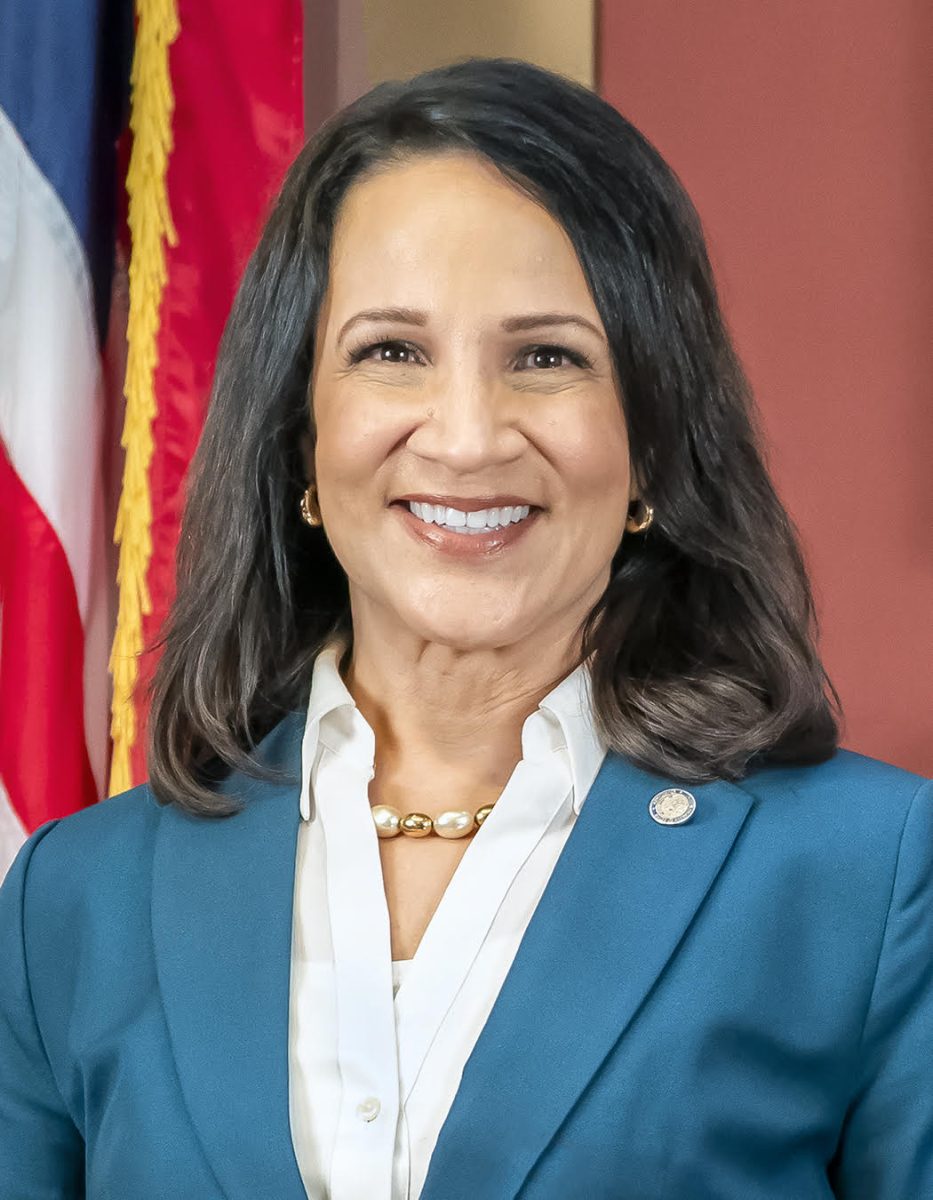State legislators and conservation activists are campaigning for a ballot question to keep using Minnesota lottery money to fund outdoor conservation ahead of the Nov. 5 election.
This is not the first time Minnesotans have had to vote on whether to use lottery money for environmental conservation efforts. In 1988, around 77% of voters decided to dedicate 40% of the money earned from the Minnesota State Lottery to the Minnesota Environment and Natural Resources Trust Fund for outdoor conservation and environmental research, according to Conservation Minnesota’s website.
A decade later, voters rededicated the lottery funding to conservation efforts for the next 25 years, according to Campaigns Director for Conservation Minnesota Marcus Starr.
Thanks to the two previous votes, Minnesota has invested over $900 million in lottery funds to preserve its lakes, parks and natural habitat since 1988, according to the Conservation Minnesota website.
Starr said voter support for the lottery funding bill is widespread because the money goes toward natural resources vital to the state’s identity.
“Having a plethora of parks and trails and clean water and recreation, our tourism industry really depends on these sorts of projects,” Starr said. “What makes Minnesota, Minnesota is what this funding does.”
Rep. Athena Hollins (DFL-St. Paul), the primary sponsor for the lottery funding bill, said it was a bipartisan effort in the state legislature to get the question on Minnesotans’ ballots.
With 2024 being a presidential election year, Starr said Conservation Minnesota is focusing on making voters aware of the bill itself and that leaving the question unanswered counts as a ‘No’ vote.
“One thing that we’re really pushing with voters and educating them on the ballot is that this isn’t just a contest between those who vote on the question, we’re competing against no votes and blank votes,” Starr said.
Voters can find the lottery funding question on the right side of their ballots under the “Minnesota Constitutional” section, according to Starr.
If Minnesotans do not pass the conservation funding bill, the lottery money will be added to the general fund where it can be spent on education, local governments and other state efforts, according to Hollins.
Hollins said she is not worried about this year’s presidential election overshadowing the lottery funding bill and other state issues on Minnesotans’ ballots.
“Having a high-profile presidential election is actually advantageous because most people don’t come to the polls and only vote for the president,” Hollins said. “They will at least look at other things that are on the ballot and make those choices and that really ultimately benefits us in getting the votes that we need for this particular measure.”
Riley Hetland, director of civic engagement for the University of Minnesota Undergraduate Student Government (USG), said she sees the presidential election increasing voter enthusiasm among students.
“It’s just really remarkable to see how much people truly do care about the decisions that are going to be affecting them for the long run,” Hetland said.
Hollins said Minnesotans could notice a difference in the upkeep of state and regional parks, recreational trails and research capabilities if lottery money is not guaranteed to fund outdoor conservation.
Starr said the University is a major recipient of lottery conservation funds and whether voters guarantee that money for research or not will directly affect students and faculty looking to receive a grant or conduct research.
Hollins said it is important for young voters to be educated about the lottery funding bill and the rest of the ballot because the outcomes of the election can have a significant impact on their lives.
“I tell (young people) all the time, ‘You shouldn’t feel bad if you’re not sure what’s happening, that’s totally reasonable,’” Hollins said. “It is absolutely within your purview to call up your representative or to call up your senator and say, ‘What is the plan for education? How are you going to fund public schools? What is your plan for climate change?’ Those are things that are going to impact you all more than me.”















Ric,
Oct 16, 2024 at 11:45 am
Hard to decide who should get the lottery funds. Returning the proceeds to the general fund, when the state has already squandered the surplus, seems like a waste. On the other hand, giving the money to the UM doesn’t really help maintain outdoor spaces either.